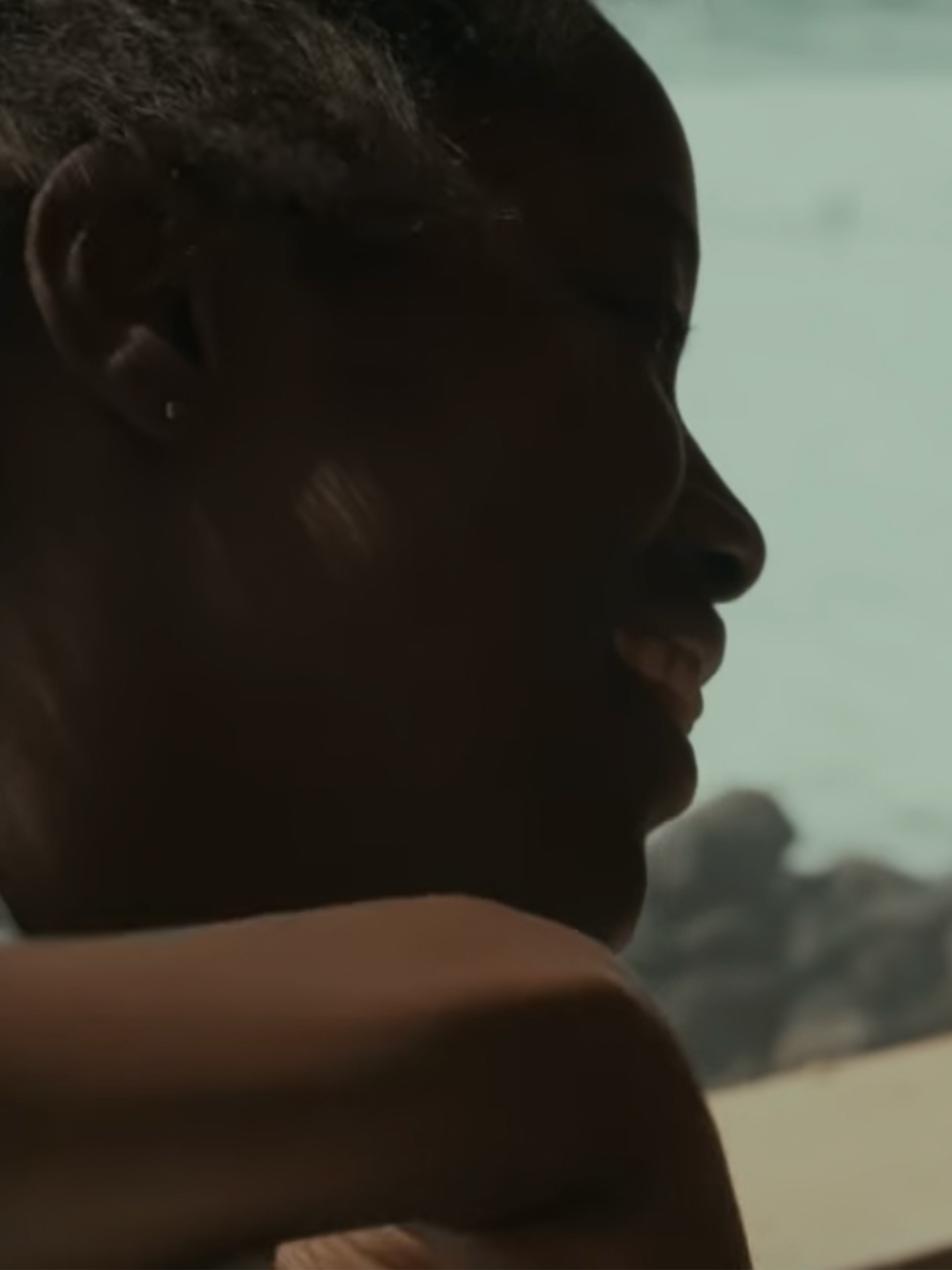As the film industry grapples with the size of steps taken to spotlight more women at Cannes, we take a look at the record-tying four women who were nominated for the Palme d’Or.
France’s Cannes Festival has had a notoriously rocky relationship with women. Between the festival’s male-dominated list of directors, its historically close relationship with Harvey Weinstein, and its questionable dress guidelines—including ejecting women wearing flat shoes from premieres in 2015—Cannes has a lot to make up for. Out of the 1,700+ titles that have been shown over 72 years at Cannes, only 82 of them have been directed by women, and one Palme d’Or prize has been awarded to a female director. The criticism has been loud, especially following protests from female industry women at the 2018 festival.
This year, a record-tying four women were nominated for the Palme d’Or, including second prize winner Mati Diop. Diop’s directorial debut Atlantics made her the first black woman to direct a film featured In Competition at the festival.
Jessica Hausner, Little Joe
Jessica Hausner, an Austrian director, takes on the difficult dichotomy of happiness and the self in her competition film Little Joe. Hausner’s feature focuses on a scientist–a single mother–who brings home one of her developing specimens to her son, Joe. This story uses the fantastical nature of sci-fi to tell a captivating story about joy, which leaves the viewer with questions about society and the concept of feeling happy.
Justine Triet, Sibyl
Justine Triet began her Cannes career in 2013, when her debut film Age of Panic was included in the ACID, a program designed to give greater visibility to independent filmmakers. Now, in 2019, Triet is showing her third feature film. Sibyl is a comedy-drama focused about a psychotherapist who takes up her old craft of writing, and cannot help but be incredibly inspired by her newest patient, a troubled young actress—played by Adèle Exarchopoulos, one of the leads in previous Palme d’Or winner, Blue is the Warmest Color (2013).
Céline Sciamma, Portrait of a Lady on Fire
Céline Sciamma’s Portrait of a Lady on Fire has made huge waves this festival season. The film, which takes place in 18th century France, is a love-story about two women, one of who is painting the other’s portrait so she can be courted. The subject is resistant, so the portraitist is forced to become acquainted with her personally in order to finish the piece. Not only does Sciamma widen the lens on women in Cannes, but brings much-needed representation to the LGBTQ+ community, with Sciamma identifying as a queer woman herself. Portrait of a Lady on Fire has received praise from fellow Palme d’Or competitor Xavier Dolan (Matthias & Maxime), who wrote on Instagram that its hidden force would “haunt [him] in his sleep”.
Mati Diop, Atlantics
Mati Diop, niece of the famed Senegalese filmmaker Djibril Diop Mambéty, is the first Black female director to have a film up for the Palme d’Or. Based on her 2009 short film of the same title, Atlantics is about a young girl who has been promised to another man, before she falls in love with a construction worker in Dakar. When Diop found out she was the first black woman up for the prize, she “found it quite sad”–all the more reason diverse lineups need to become the new norm.







